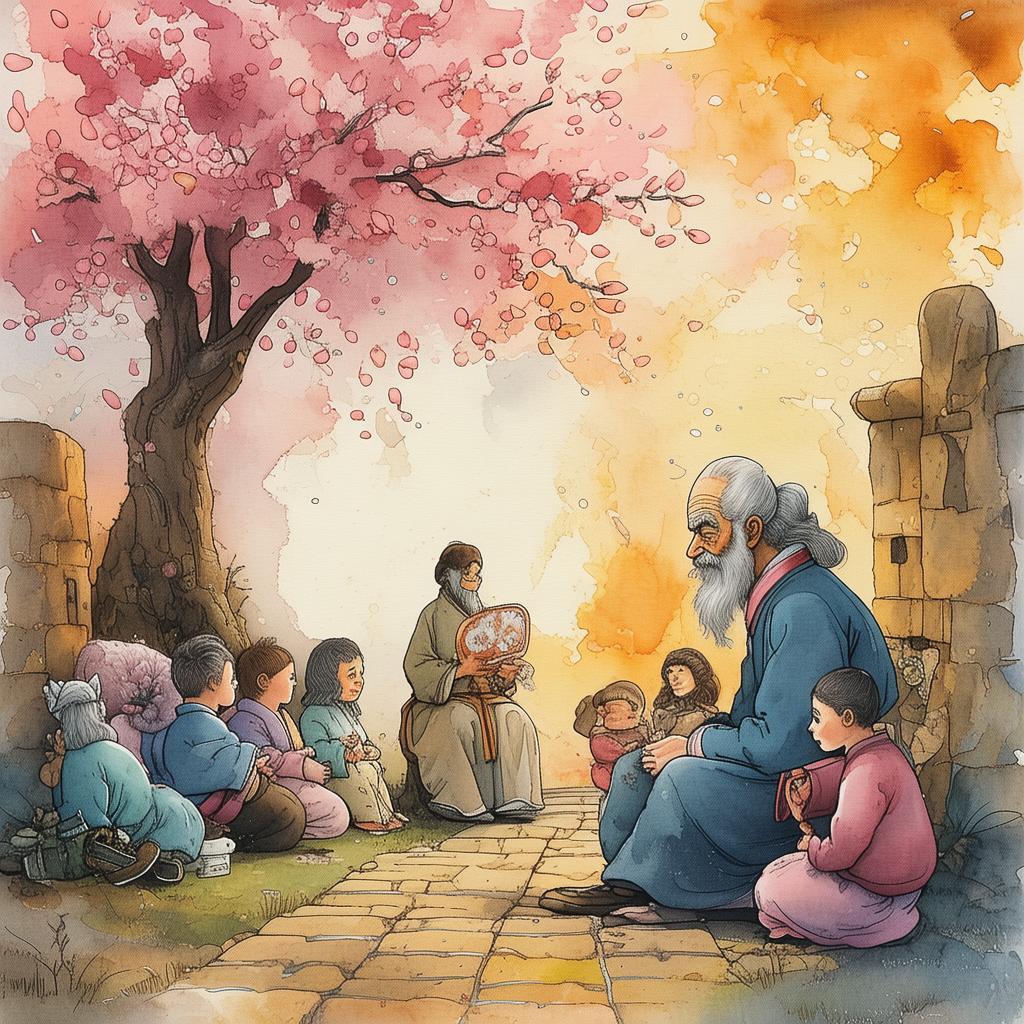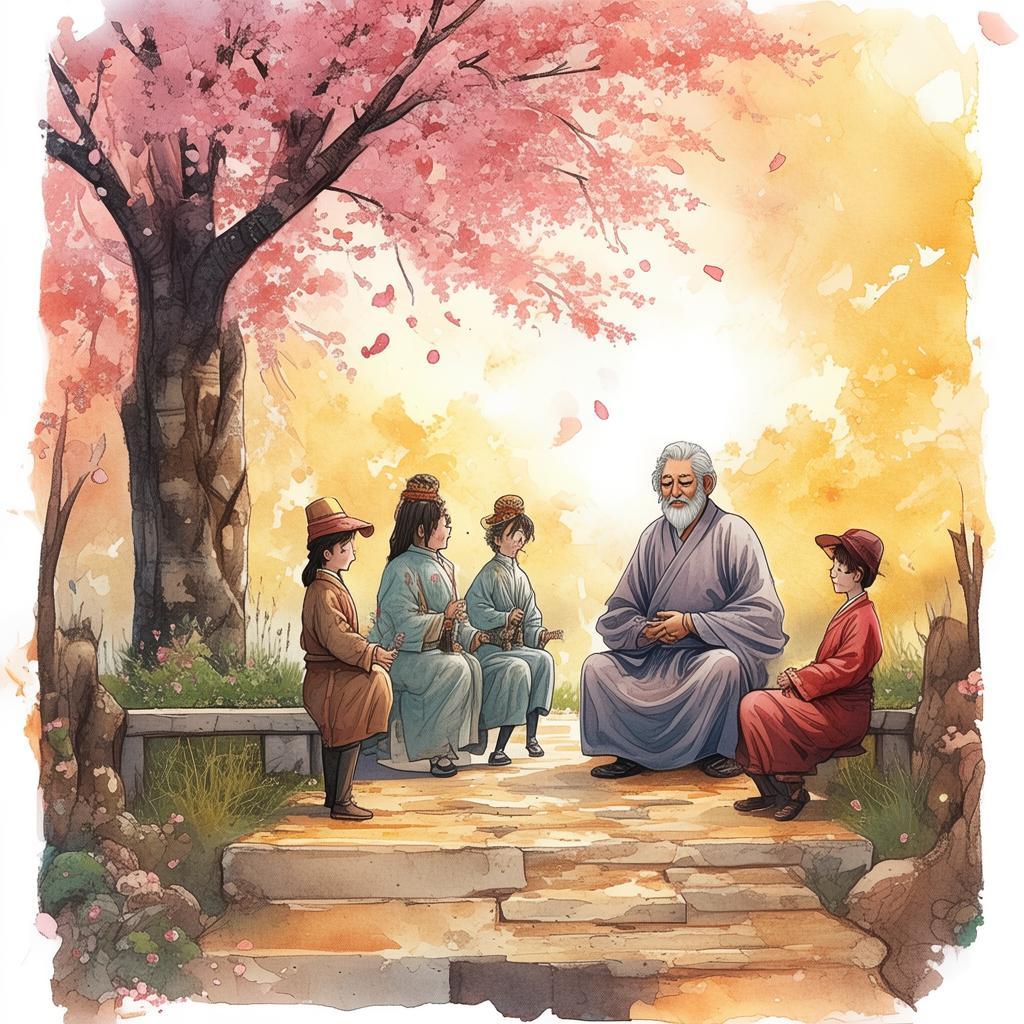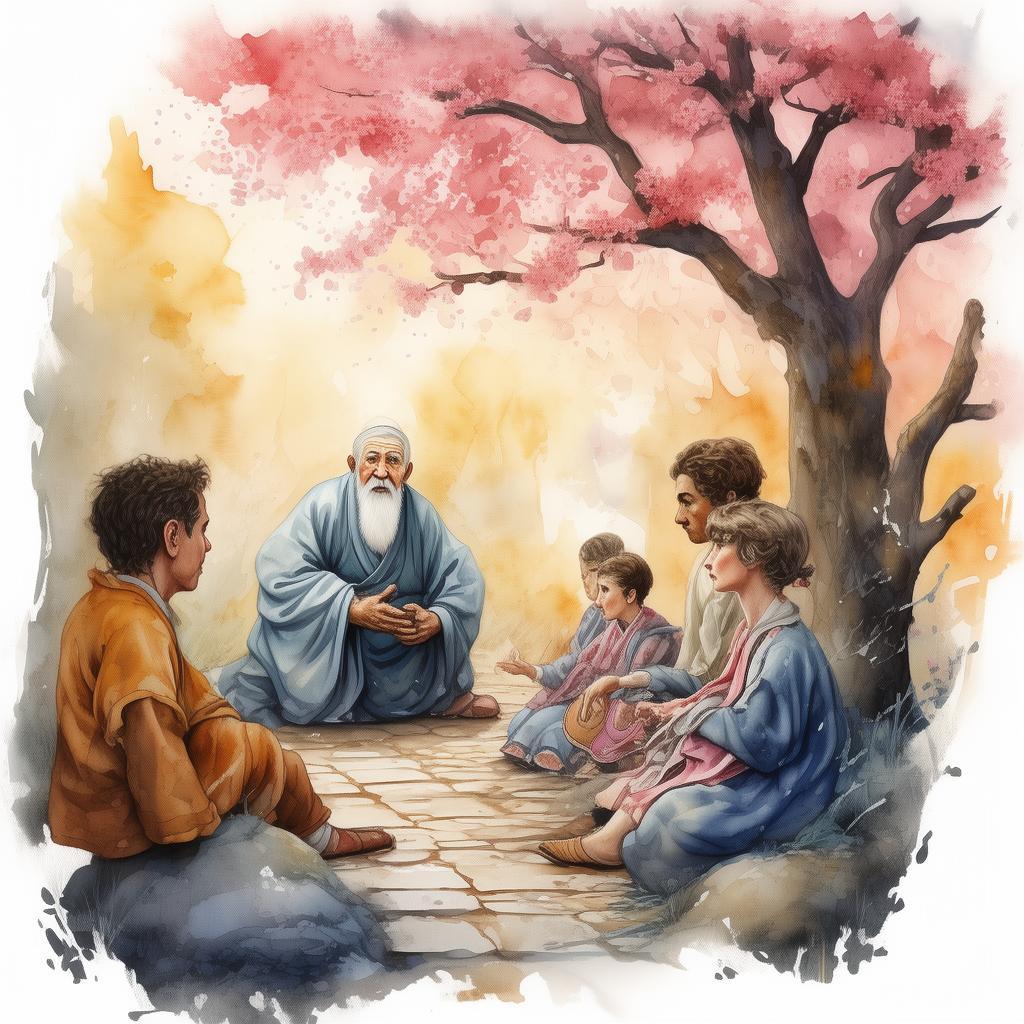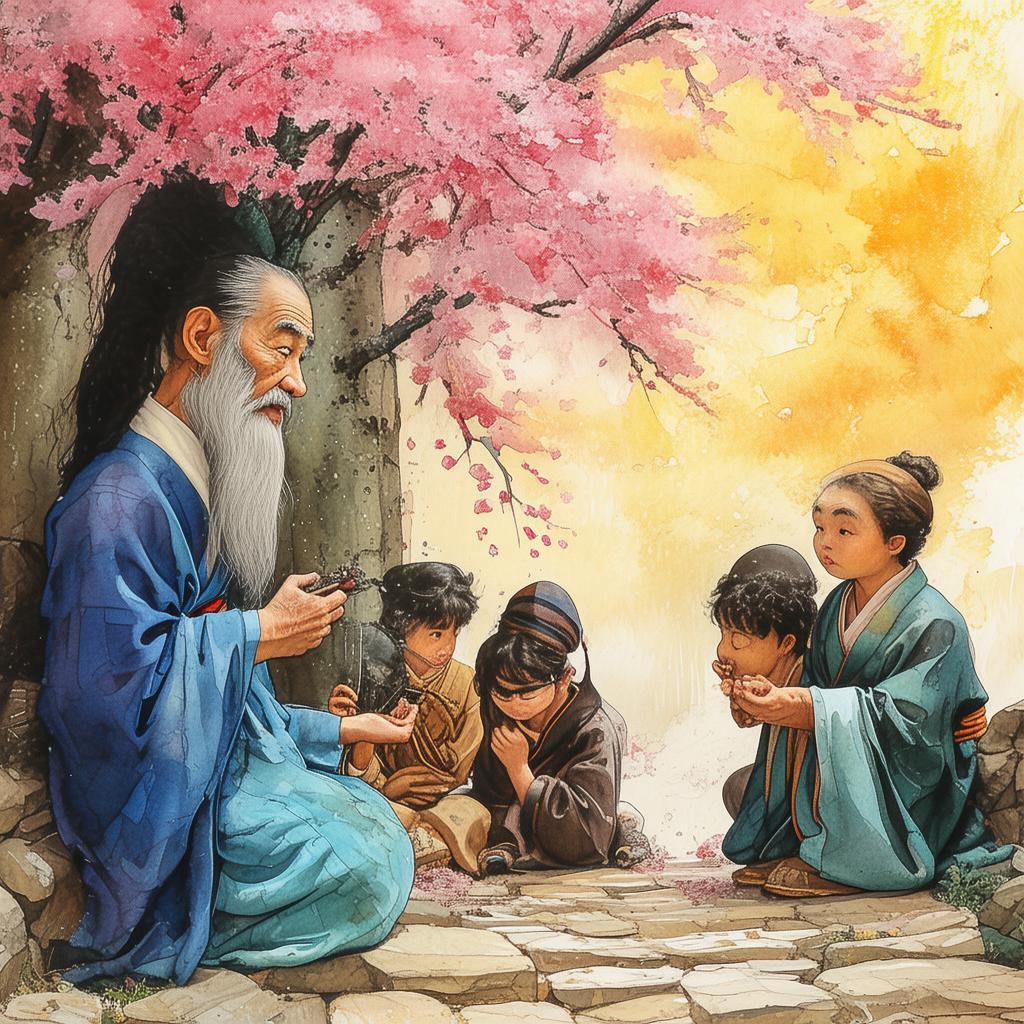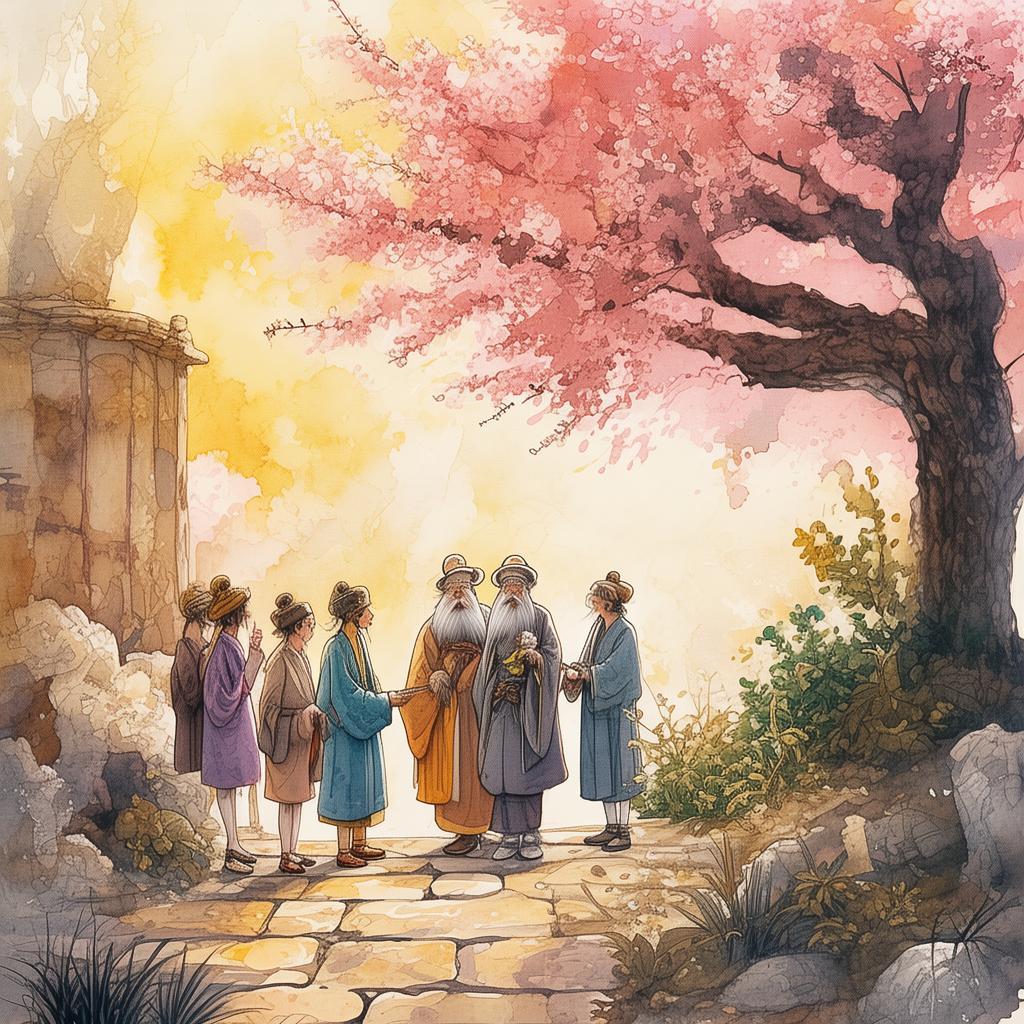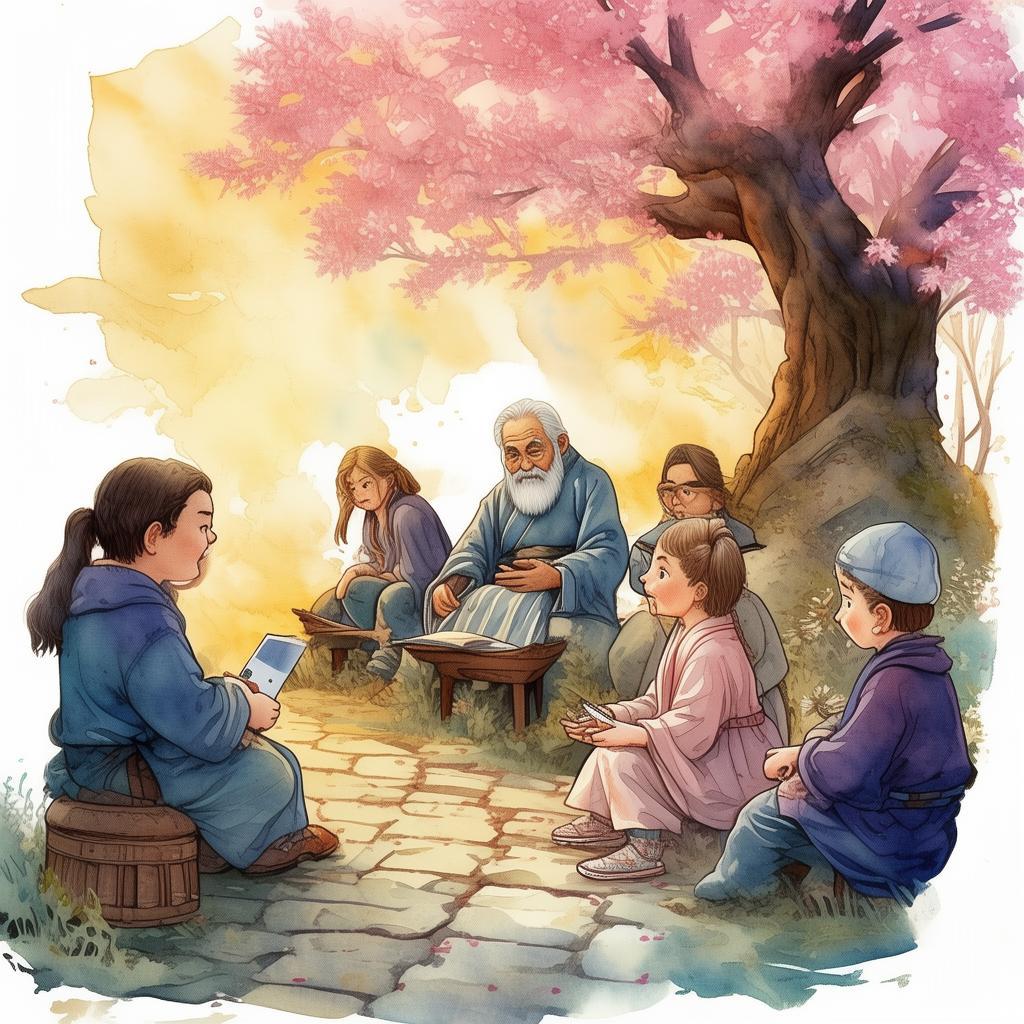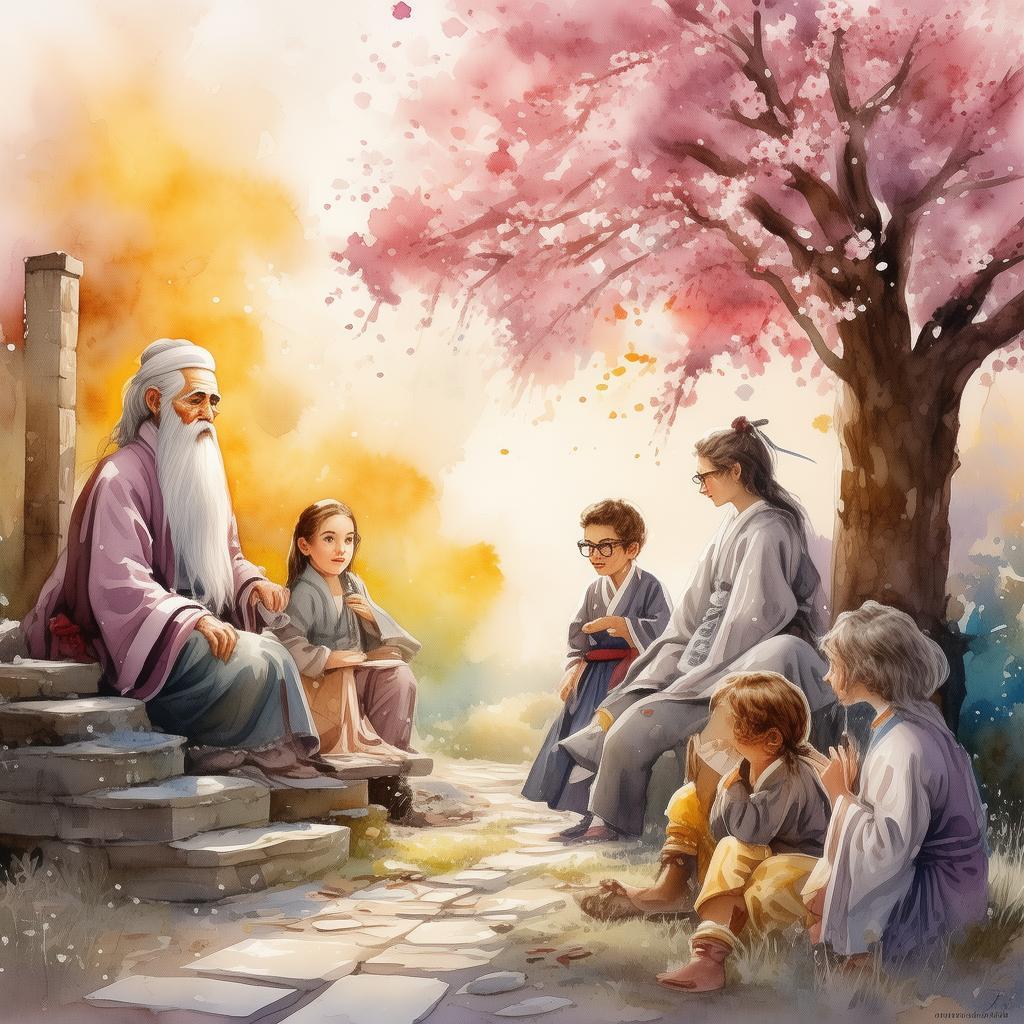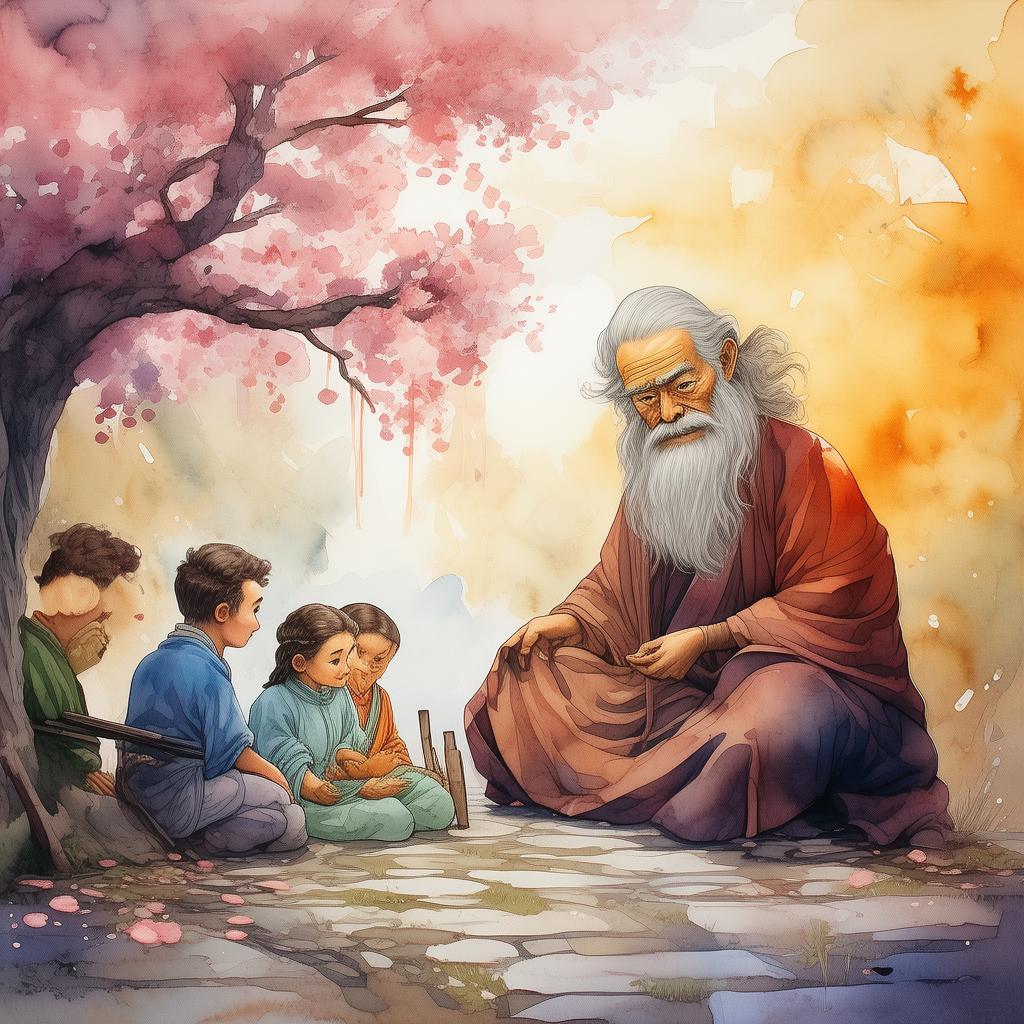The Melody of Order: A Symphony of Clutter and Silence
In the heart of a bustling metropolis, there lived a musician named Ling, whose life was a symphony of disarray. Every corner of his apartment was filled with musical instruments, sheet music, and a myriad of objects that spoke of his passion for music. However, despite the sounds that filled his home, the silence of his own life was deafening.
Ling was a composer, a man who believed that music was the language of the universe, capable of transcending the mundane. Yet, his compositions were often disjointed, lacking the harmony that he so eagerly sought. He spent countless hours at his cluttered desk, searching for that perfect note, that moment of serenity amidst the chaos.
One day, as Ling sat amidst his clutter, he received a peculiar invitation from an old friend, Master Wu, a renowned philosopher and an advocate for simplicity. Master Wu invited Ling to a rare event: a "Clutter-Free Symphony," a musical performance that would showcase the power of order in creating beauty.
Curiosity piqued, Ling accepted the invitation and found himself in a serene, minimalist hall. The air was filled with an unusual silence, a silence that seemed to resonate with a deeper meaning. The stage was bare, save for a single instrument: a piano. The audience was equally sparse, each person present an observer of the event, an active participant in the experiment.
Master Wu stepped forward, his voice calm and measured. "Tonight, we will explore the harmony of silence. The symphony will not be played by the hands of a musician, but by the hands of the audience. We will create the music through our collective silence."
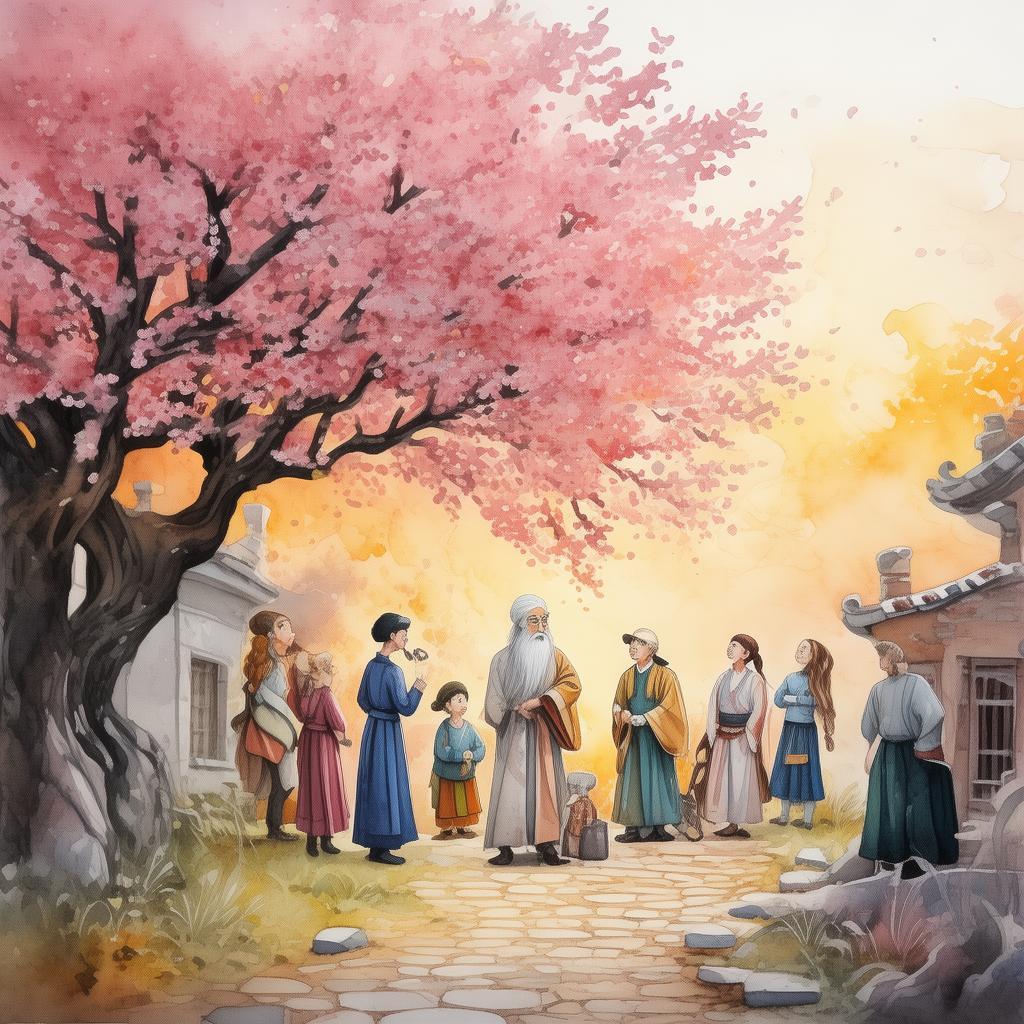
As the event began, Master Wu sat at the piano, his fingers gently pressing the keys. The music was hauntingly beautiful, a melody that seemed to come from another dimension. The audience was mesmerized, their eyes closed, their minds lost in the flow of the music.
After the performance, Master Wu addressed the audience. "Music is not just about the notes you play; it's about the space between them. The same is true for life. Order and silence are the spaces that allow the music of life to resonate."
Ling felt a shift within himself. The event had opened his eyes to the possibility of creating harmony not just in music, but in his life. He returned to his apartment, determined to change his surroundings and, by extension, his life.
Over the next few weeks, Ling embarked on a journey of decluttering. He began by sorting through his belongings, discarding items that no longer served him. As he cleared his space, he also cleared his mind. He found that with each item he let go of, his sense of peace grew.
The transformation was gradual but profound. The clutter that once filled his apartment gave way to an environment that was conducive to creativity. Ling found that he could now hear the music of his own thoughts, a melody that had been obscured by the noise of his surroundings.
Inspired by the "Clutter-Free Symphony," Ling decided to compose a new piece. This time, he sought to capture the essence of order and silence in his music. The result was a symphony that was both complex and serene, a testament to the harmony that could be found in the spaces between the notes.
The premiere of Ling's new composition was a success. The audience was captivated by the beauty of the music, and by the story behind it. Ling's journey from chaos to harmony had touched them deeply.
In the end, Ling learned that the true symphony of life was not one of constant noise and activity, but one of balance and harmony. The spaces between the notes, the moments of silence, were just as important as the music itself. And in the silence, he found the true rhythm of his own existence.
As the applause faded, Ling stood on stage, a smile on his face. He had found his harmony, and in that harmony, he had found the music of his soul.
✨ Original Statement ✨
All articles published on this website (including but not limited to text, images, videos, and other content) are original or authorized for reposting and are protected by relevant laws. Without the explicit written permission of this website, no individual or organization may copy, modify, repost, or use the content for commercial purposes.
If you need to quote or cooperate, please contact this site for authorization. We reserve the right to pursue legal responsibility for any unauthorized use.
Hereby declared.
